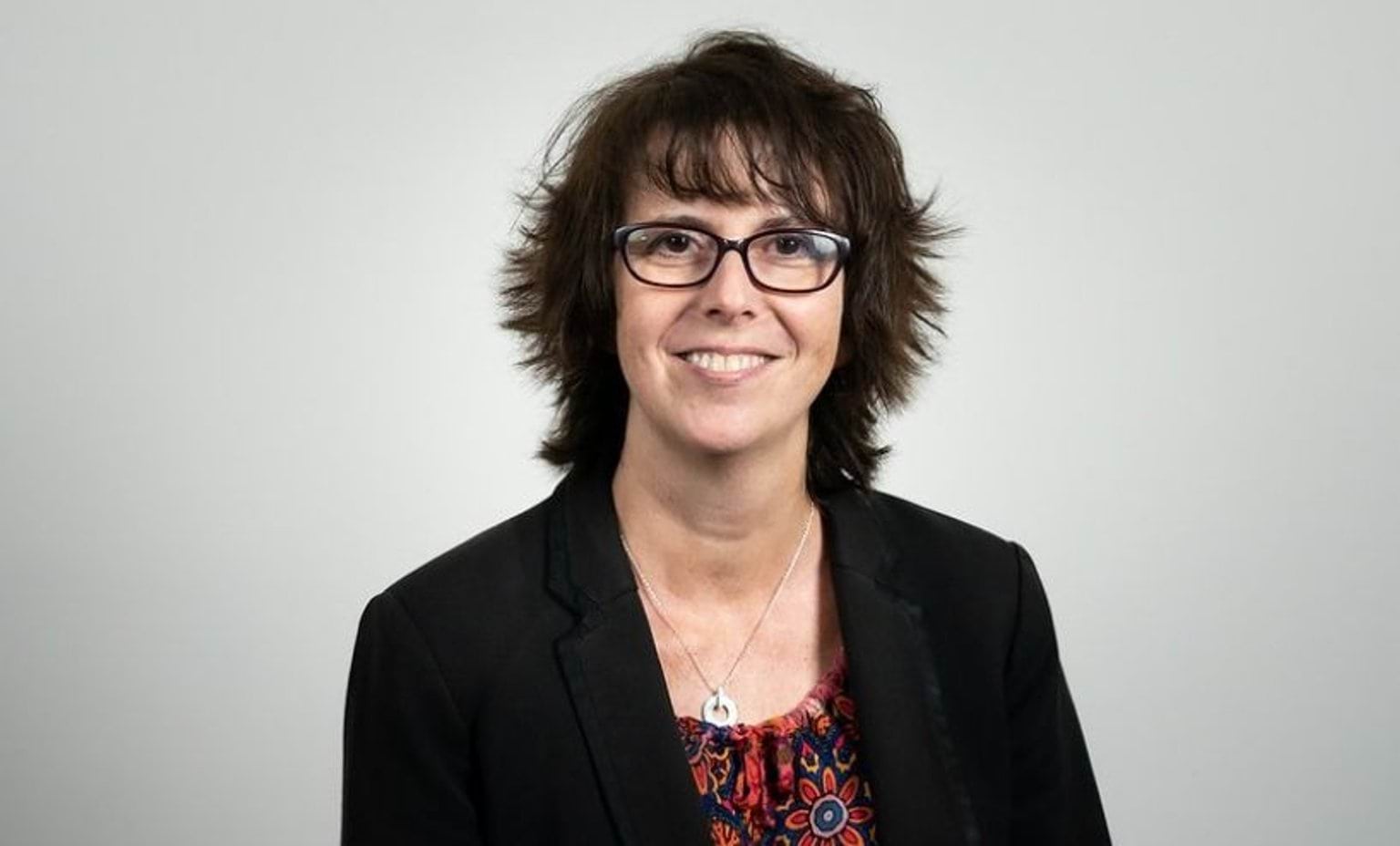- Published:
- Friday 29 May 2020 at 8:54 am

In recent months, the global pandemic of violence against women and girls that has raged across many countries for decades, documented by the World Health Organisation in 2013(opens in a new window), has combined with the more recent pandemic of coronavirus (COVID-19), to create devastating intersecting impacts and consequences for women and children.
Coronavirus (COVID-19) and its consequences – like isolation, stress and anxiety, unemployment, poverty, ill-health – doesn’t cause family violence or create violent men, it amplifies the conducive context for abuse to continue and increase. Both pandemics coexisting exacerbates the disproportionate impact of structural inequalities against women and girls and for people in minoritised and diverse communities.
Already in Victoria, services have moved quickly to change the way they deliver their response. This requires an evolving effort alongside our partners and stakeholders, and I am very impressed by the magnitude and effectiveness of the response to date. I’ve seen so many people and organisations working beyond their remit to ensure a collective and professional response to the intersection of these double pandemics.
At Family Safety Victoria (FSV), we remain dedicated to ending family violence, sexual assault, and other forms of abuse experienced by women, children and families in our communities. We can’t do this without a strong and sustainable specialist sector with the capacity in our workforce to respond to family violence. Which is why, this week, our collaboration with the sector culminated in the launch of the family violence jobs hub, part of an attraction and recruitment campaign to grow the family violence workforce. You can read more about this great initiative below.
The reform agenda in Victoria, to transform services’ and systems’ response to family violence, remains a priority as we look to rebuild our response to create a new normal that tackles both pandemics simultaneously.
This week the Victorian Auditor-General’s Office (VAGO) released its Managing Support and Safety Hubs audit report on The Orange Door, a key element of FSV’s program of reform.
We have welcomed this important contribution to continuing to refine, strengthen and improve the way our community accesses help and support. I also want to acknowledge the partner agencies and The Orange Door and FSV staff who work every day to improve the lives of women, children and families. You can read our statement in response to VAGO audit of The Orange Door.
We know from the experience of previous pandemics in other countries, that as the rate of coronavirus (COVID-19) infections flattens, and lockdown and associated restrictive safety measures ease, violence against women and girls in the forms of family violence, sexual violence, harassment and exploitation, will increase, creating high demand for specialist, community-led and public services.
Across Australia, it is devastating to know that 21 women have died due to violence against women, since January this year, thanks to the harrowing work undertaken by Destroy the Joint(opens in a new window). At the time of writing, four women have lost their lives in Victoria, to fatal male violence, which includes two women killed in May alone. Countless thousands more women and children live daily with experiences or the legacies of violence and abuse, while many of the perpetrators of this abuse remain unchallenged, unaccountable and invisible.
This is what drives me to create change in our communities, along with the knowledge that family violence, rape and sexual violence, harassment, stalking, forced marriage and other forms of violence against women and children are not inevitable, they are entirely preventable.
In the coming weeks and months, I look forward to continuing to learn from and build on the inspiring work underway in Victoria to ensure communities live free from fear and from all forms of abuse.
In closing, I would like to acknowledge National Sorry Day, and the strength of the Stolen Generation Survivors. I was privileged to be able to mark this day by meeting the members of the ground-breaking Dhelk Dja Partnership. This partnership places central the fundamental principles of self-determination, safety, strengths-based approaches and cultural and trauma-informed healing, collaboration, accountability honesty and transparency.
These values, underpinned by human rights and anti-discrimination, must remain central to achieving our shared vision – on National Sorry Day, during National Reconciliation Week and every week.
As June Oscar wrote in her recent powerful news piece(opens in a new window), on the unexpected lessons from coronavirus (COVID-19), returning to a norm that was never acceptable to begin with, is no longer an option.
A different world is possible, one that places a reimagined social justice and the needs and rights of those most marginalised or discriminated against, central to what we do. Join us, to achieve a world in which all Victorians are safe and where children grow up in environments that are built on social justice, equality and respectful relationships.
Updated